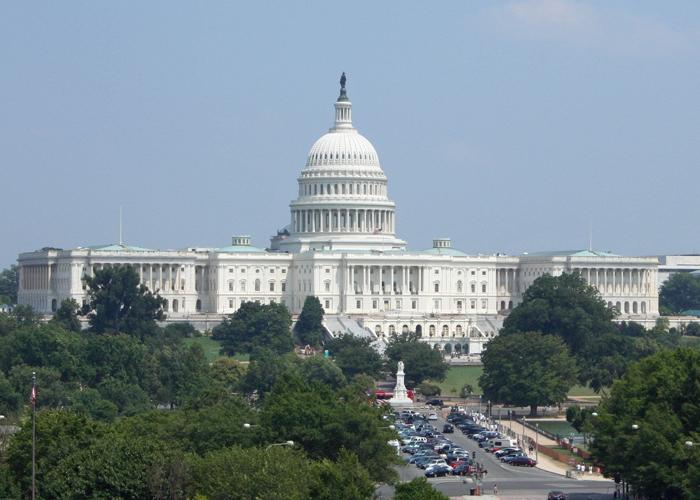by John Phraner
Across New York and the rest of the country, businesses are facing barriers created by delays, bureaucracy, and red tape. As the owner of Empire Metal Works in Delaware County, I understand the importance of a predictable and timely permitting process to maintain operational continuity and ensure a growing workforce. My company builds vital components for emergency services, school transportation, defense production, and law enforcement. Not only does my business rely on low-cost, reliable energy to keep operations running, but in turn, so does my community to support public safety and maintain our way of life.
Unfortunately, the federal-permitting process that governs whether we can build the infrastructure needed to deliver affordable energy is still failing us at a time when the demand is skyrocketing. It’s not just traditional energy production that is affected; innovation in advanced manufacturing, electric grid upgrades, and the expansion of clean energy technologies are all hampered by today’s outdated system.
Whether a company is trying to build a pipeline, expand a transmission line, or get a facility up and running, there are years of environmental reviews, duplicative government oversight, shifting legal interpretations, and endless litigation. What you can’t count on is a predictable timeline or a clear path forward to build. And this doesn’t just mean increased costs for businesses. Insufficient pipeline and transmission infrastructure drive up energy costs for families, with New Yorkers being hit with a 13 percent increase over the last year alone.
It’s time to stop the political fighting and bring common sense, bipartisan reform to our outdated permitting system; reform that reflects the realities of the 21st century and the need to build again. That starts with restoring the original intent of our environmental review process. The National Environmental Policy Act (NEPA) was enacted in 1970, at a time when technology, innovation, and infrastructure needs were vastly different. Since then, it’s only been amended twice, leaving our country stuck with a vague and outdated statutory framework that no longer fits our modern energy landscape. Instead of facilitating progress, it’s now one of the biggest barriers to unlocking our full energy and economic potential.
These problems aren’t complicated. In fact, there are straightforward, common-sense solutions. Government reviews need to be streamlined, timelines need to be met, and judicial reform needs to end frivolous, third-party litigation that seeks to delay and end federally approved projects. NEPA and its federal-review process for energy and infrastructure development has been turned on its head and serve as the main roadblock to secure more, cheaper energy and more, well-paying jobs for our local New Yorkers.
Similarly, the Clean Water Act (CWA) has been used to block key energy projects, including here in New York, that would develop much-needed pipelines and transmission to deliver energy to residents and businesses. Reform is needed to ensure consistency across states and predictability in project planning by reaffirming the scope of the CWA and relationship between federal and state authorities to review and approve these essential projects.
The United States has been at the forefront of every major technological leap. Yet, we are burdened by an outdated and inefficient permitting system that hinders progress, stifles innovation, and delays the development of critical infrastructure. Permitting reform does not mean weakening environmental protections. It means modernizing a process that works for regulators, for businesses, and the American people.
Our New York congressional delegation in D.C. — senators and representatives alike — has an opportunity to advocate for New York, protect the environment, and help businesses simultaneously. True, reform will create jobs, lower energy costs, modernize our grid, and ensure that critical infrastructure doesn’t get lost in a bureaucratic maze.
New York businesses and families cannot afford years of delay. Permitting reform is not just good policy, it’s essential to building New York’s future.
John Phraner is the co-owner of Empire Metal Works in Delaware County and former co-owner of Trans Tech Bus Orange County
